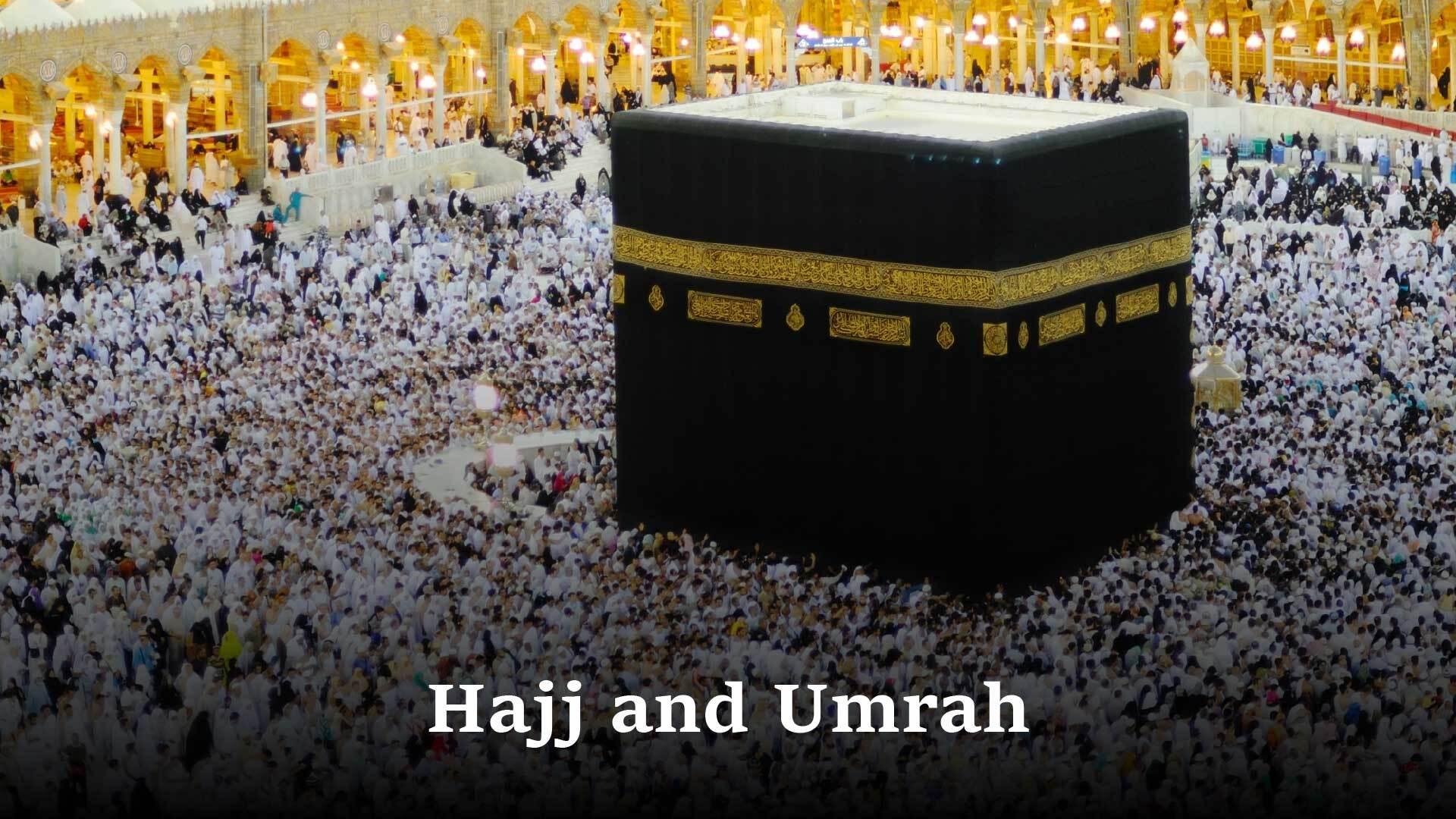Hajj and Umrah: Sacred Journeys of Faith in Islam

Hajj and Umrah are two significant Islamic pilgrimages that hold deep spiritual importance for Muslims across the globe. Both involve travel to the holy city of Makkah in Saudi Arabia, yet they differ in terms of obligation, timing, and rituals. While Hajj is one of the five pillars of Islam and is mandatory for all able-bodied Muslims who can afford it, Umrah is a voluntary pilgrimage that can be undertaken at any time of the year.
Understanding Hajj
Hajj is performed annually during the Islamic month of Dhul-Hijjah, specifically from the 8th to the 12th of the month. It commemorates the actions of the Prophet Ibrahim (Abraham), his wife Hajar, and their son Ismail. The rituals of Hajj are highly symbolic and are meant to demonstrate the submission of a believer to the will of Allah. These include entering a state of spiritual purity known as Ihram, performing the Tawaf (circumambulation of the Kaaba), walking between the hills of Safa and Marwah (Sa’i), standing in prayer at Arafat, and participating in the symbolic stoning of the devil at Mina.
Completing Hajj is a life-changing experience for many Muslims. It serves as a time of reflection, repentance, and renewal of faith. After the pilgrimage, the individual is often referred to as a "Hajji" and is expected to lead a life that reflects the spiritual elevation achieved during the journey.
The Simplicity of Umrah
Umrah, often called the "lesser pilgrimage," can be performed at any time of the year. While it includes some of the rituals of Hajj such as Ihram, Tawaf, and Sa’i, it does not involve the more extensive rituals like the stay at Arafat or the stoning at Mina. As such, Umrah is shorter and less physically demanding compared to Hajj.
Despite its simplicity, Umrah is still highly rewarding spiritually. It provides Muslims an opportunity to seek forgiveness, make du'a (supplications), and feel closer to Allah. Many Muslims perform Umrah multiple times in their lives, especially during the holy month of Ramadan when its rewards are believed to be even greater.
The Spiritual and Social Impact
Both Hajj and Umrah promote a sense of unity among Muslims. Pilgrims from every corner of the world come together regardless of race, language, or nationality, wearing the same simple white garments. This experience emphasizes equality, humility, and the universality of Islam.
In recent years, improvements in infrastructure, transportation, and accommodation in Makkah and Madinah have made the pilgrimages more accessible. However, pilgrims are still advised to prepare mentally, physically, and spiritually for the journey.
Conclusion
Hajj and Umrah are more than just religious duties—they are profound spiritual journeys that bring Muslims closer to their faith and to one another. Whether fulfilling the obligation of Hajj or performing the voluntary Umrah, these pilgrimages offer a unique opportunity to experience the essence of devotion, discipline, and divine connection.
- Art
- Causes
- Crafts
- Dance
- Drinks
- Film
- Fitness
- Food
- Jeux
- Gardening
- Health
- Domicile
- Literature
- Music
- Networking
- Autre
- Party
- Religion
- Shopping
- Sports
- Theater
- Wellness
- IT, Cloud, Software and Technology


